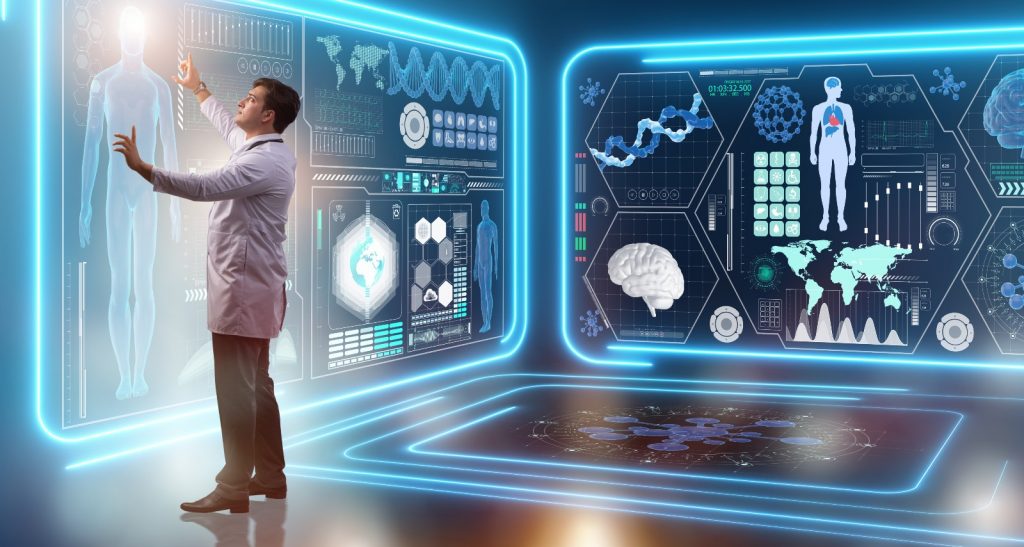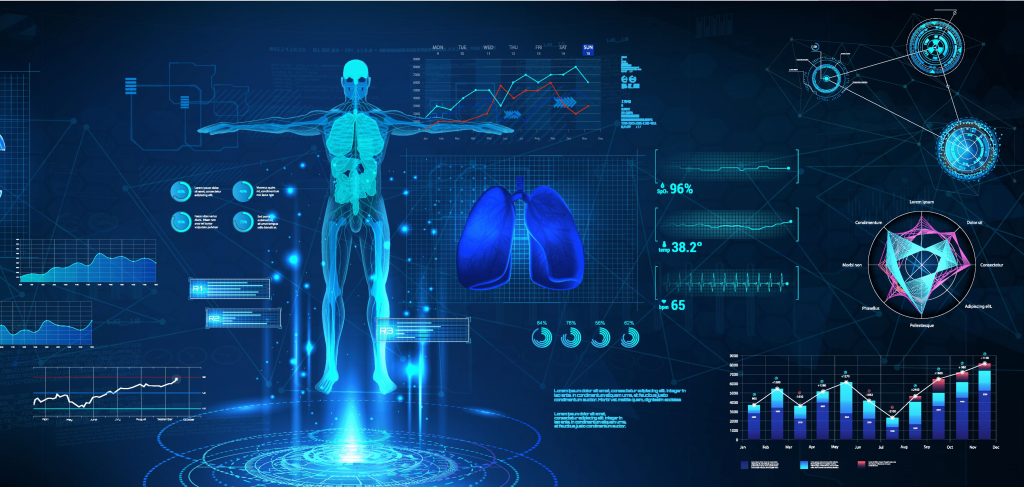In recent years, advancements in artificial intelligence (AI) have been transforming various industries, and healthcare is no exception. One area where AI is making a significant impact is in teleradiology – the remote interpretation of medical images, such as X-rays, CT scans, and MRIs. This intersection of AI and teleradiology holds immense promise for improving patient care, streamlining workflows, and enhancing diagnostic accuracy.
Enhanced Efficiency and Speed
One of the primary benefits of AI in teleradiology is its ability to enhance efficiency and speed up the diagnostic process. Traditionally, radiologists manually review and analyze medical images, a time-consuming task that can lead to delays in diagnosis and treatment. AI algorithms can analyze images much faster than humans, helping to expedite the interpretation process. By automating routine tasks like image triage and preliminary analysis, AI frees up radiologists’ time to focus on more complex cases, ultimately leading to quicker diagnoses and improved patient outcomes.
Improved Accuracy and Consistency
AI algorithms excel at detecting patterns and anomalies in medical images, often with a level of accuracy that rivals or surpasses human radiologists. By leveraging machine learning techniques, AI models can continuously learn from vast amounts of data, refining their ability to identify subtle abnormalities over time. This capability not only enhances diagnostic accuracy but also ensures consistency in interpretation, reducing the likelihood of errors and variability between different radiologists’ readings.
Augmented Decision Support
Another valuable aspect of AI in teleradiology is its role in providing decision support to radiologists. AI-powered algorithms can flag potentially critical findings or areas of concern within medical images, prompting radiologists to pay closer attention to specific regions. Additionally, AI can assist in differential diagnosis by suggesting potential diagnoses based on image features and clinical data, helping radiologists make more informed decisions. This augmented decision support can significantly improve diagnostic confidence and aid in developing personalized treatment plans for patients.
Remote Accessibility and Telemedicine
The integration of AI into teleradiology also facilitates remote accessibility and telemedicine initiatives. With AI-enabled teleradiology platforms, medical images can be securely transmitted and analyzed from virtually anywhere, enabling radiologists to provide timely interpretations even in underserved or remote areas. This remote accessibility expands access to specialized radiology services and fosters collaboration between healthcare professionals across geographical boundaries. Furthermore, AI algorithms can assist in prioritizing cases based on urgency, ensuring that patients receive prompt attention regardless of their location.
Challenges and Ethical Considerations
Despite its numerous benefits, the widespread adoption of AI in teleradiology is not without challenges and ethical considerations. Concerns regarding data privacy, algorithm bias, and the potential for overreliance on AI recommendations must be carefully addressed to ensure patient safety and regulatory compliance. Additionally, there is a need for ongoing validation and monitoring of AI algorithms to assess their performance in real-world clinical settings accurately.
Conclusion
AI is revolutionizing teleradiology, offering unprecedented opportunities to enhance efficiency, accuracy, and accessibility in diagnostic imaging. By leveraging the power of AI algorithms, radiologists can expedite the interpretation process, improve diagnostic accuracy, and provide better patient care. As technology continues to evolve, the integration of AI into teleradiology holds immense promise for transforming the way medical imaging is practiced, ultimately leading to better health outcomes for patients worldwide.
Contact Us for the best Radiologist Services

